

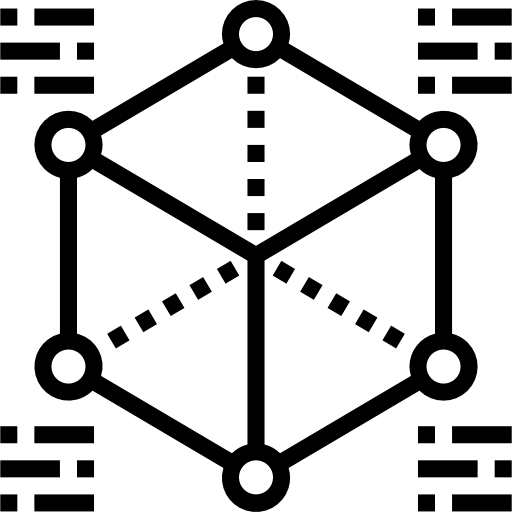
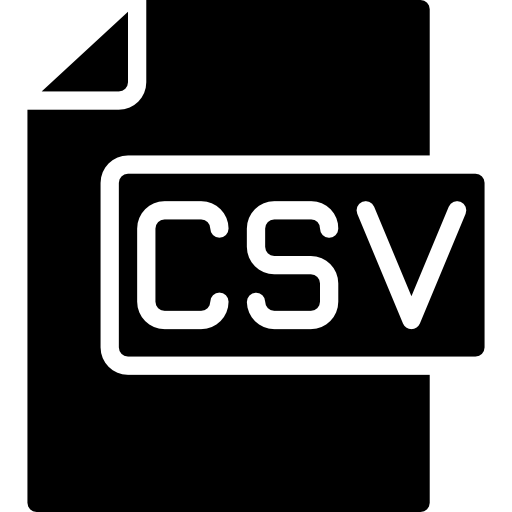

| Model Input | Output of the Task | |
|---|---|---|
| Single-Agent Track | 1 s historical states of all agents | 3 s future states of a single target agent |
| Conditional Single-Agent Track | 1 s historical states of all agents + 3 s future states of the ego agent | 3 s future states of a single target agent |
| Multi-Agent Track | 1 s historical states of all agents | 3 s future states of all fully observable (1 s + 3 s) agents |
| Conditional Multi-Agent Track (shown in the video) | 1 s historical states of all agents + 3 s future states of the ego agent | 3 s future states of multiple selected agents interacting with the ego agent |
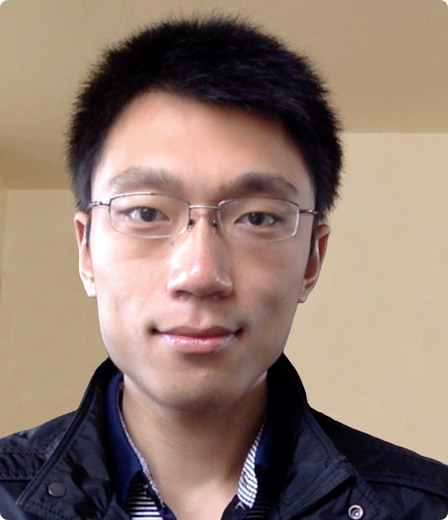

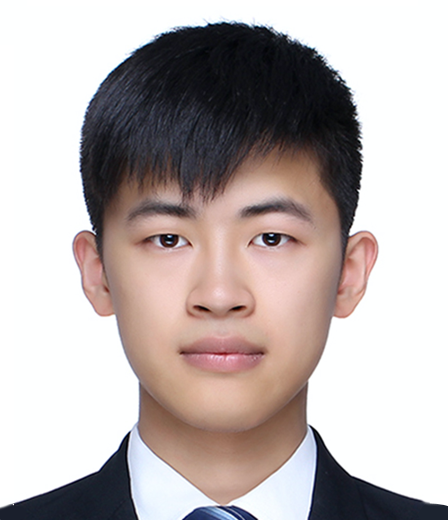

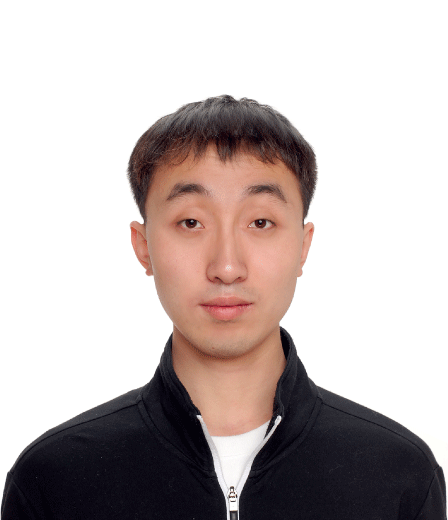

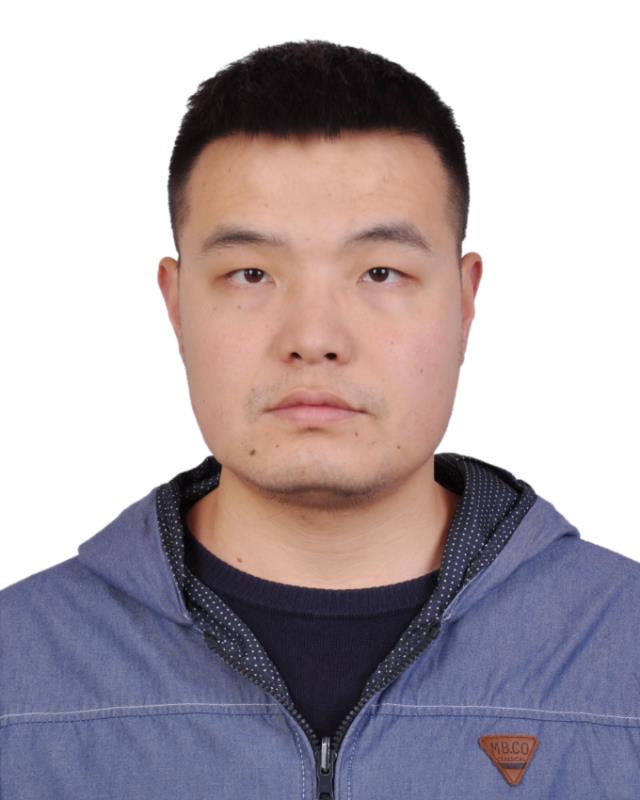
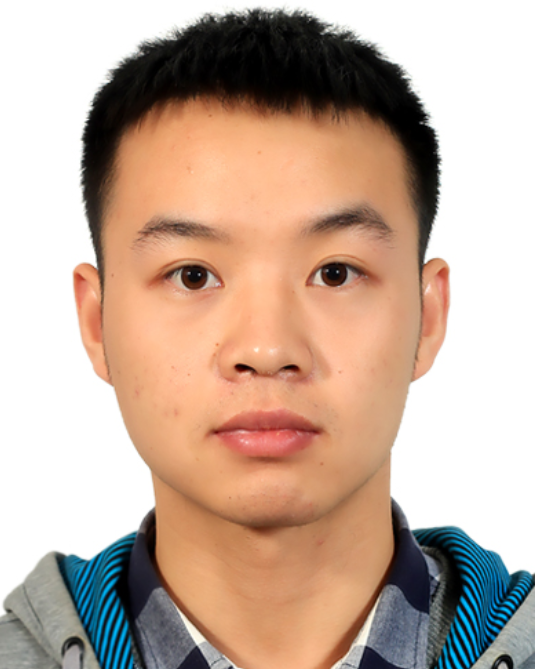
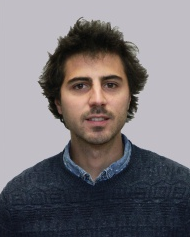


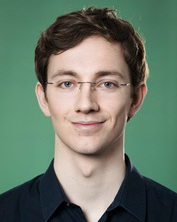

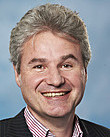

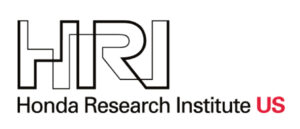
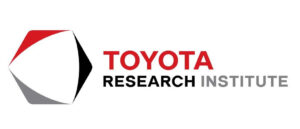
© 2024 Infra Challenge | All Rights Reserved
